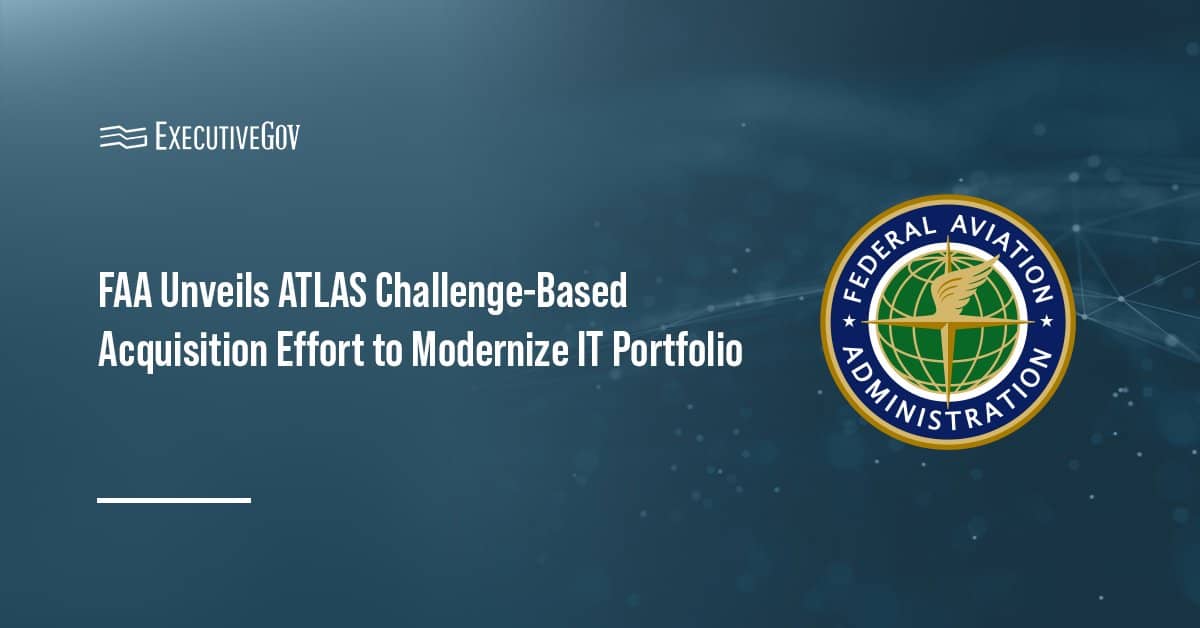
The U.S. Air Force has added new features to a platform that airmen use to receive and share mission readiness data. The Visible, Accessible, Understandable, Linked and Trusted Data or VAULT platform now allows users to control and experiment with data and generate analytics-driven results, USAF said Friday.
The update also includes tools for metadata and storage management, data cleansing and data ingestion. All these new tools are intended to improve data exploitation and better inform decision making.
“With these capabilities now realized on the VAULT Platform we can fully harness the power of data to make timely decisions and achieve mission success,†said Col. Charles Destefani, acting deputy chief data officer and lead data architect at the Air Force Chief Data Office.
The updated VAULT also allows airmen to use custom applications to manipulate information.





